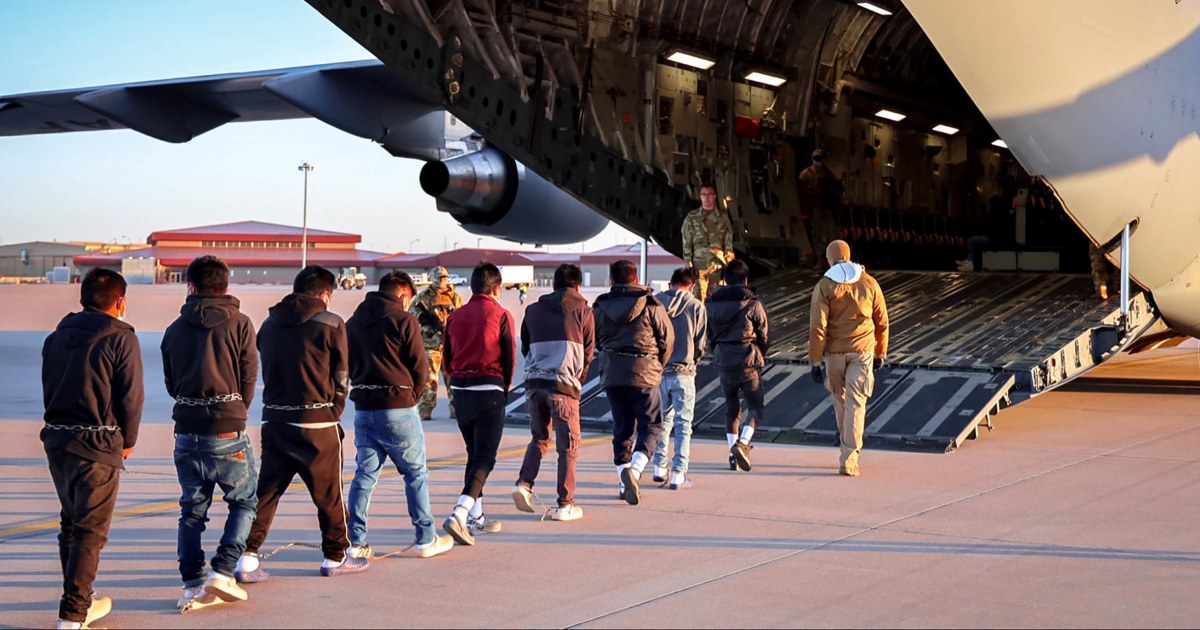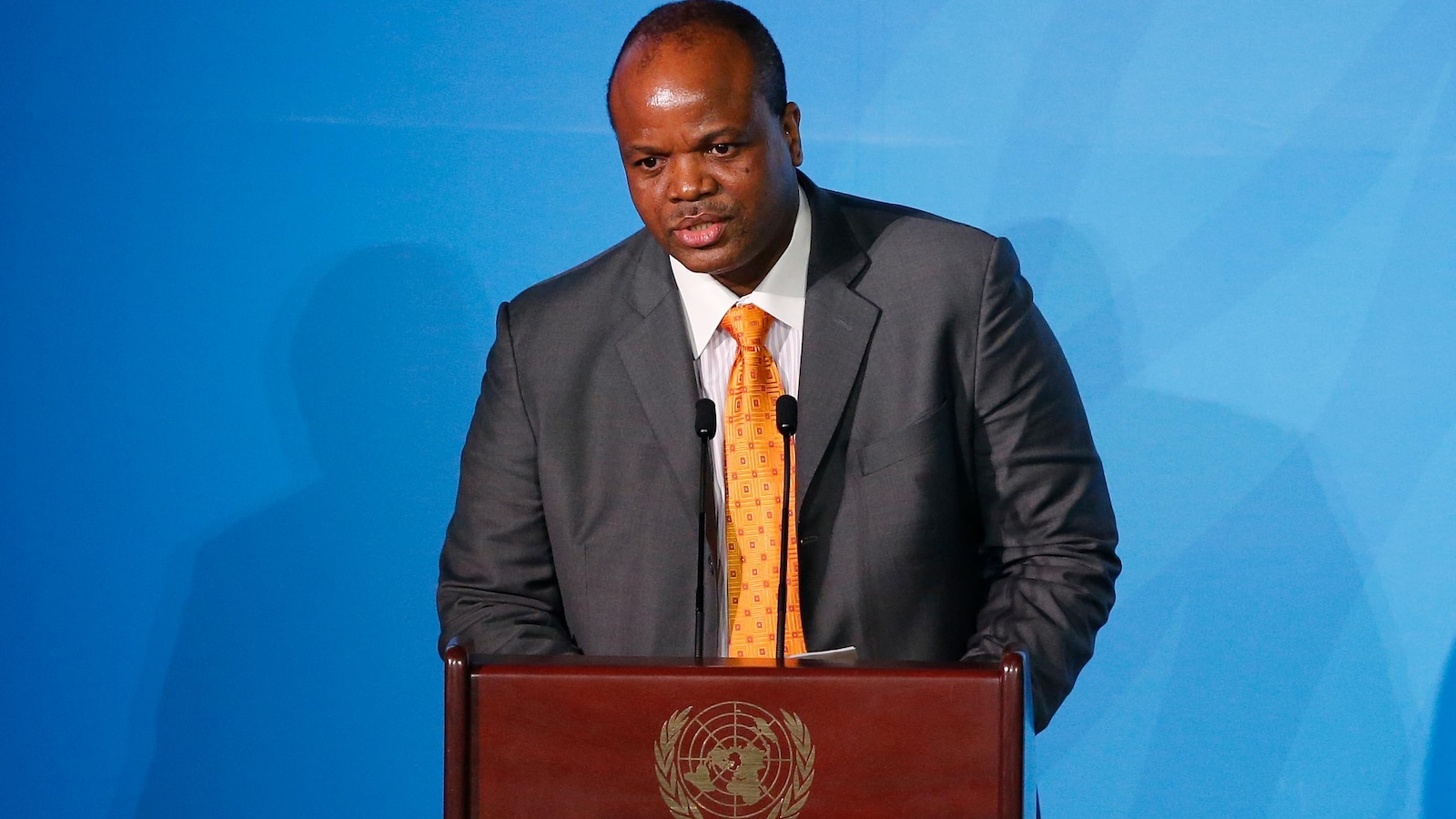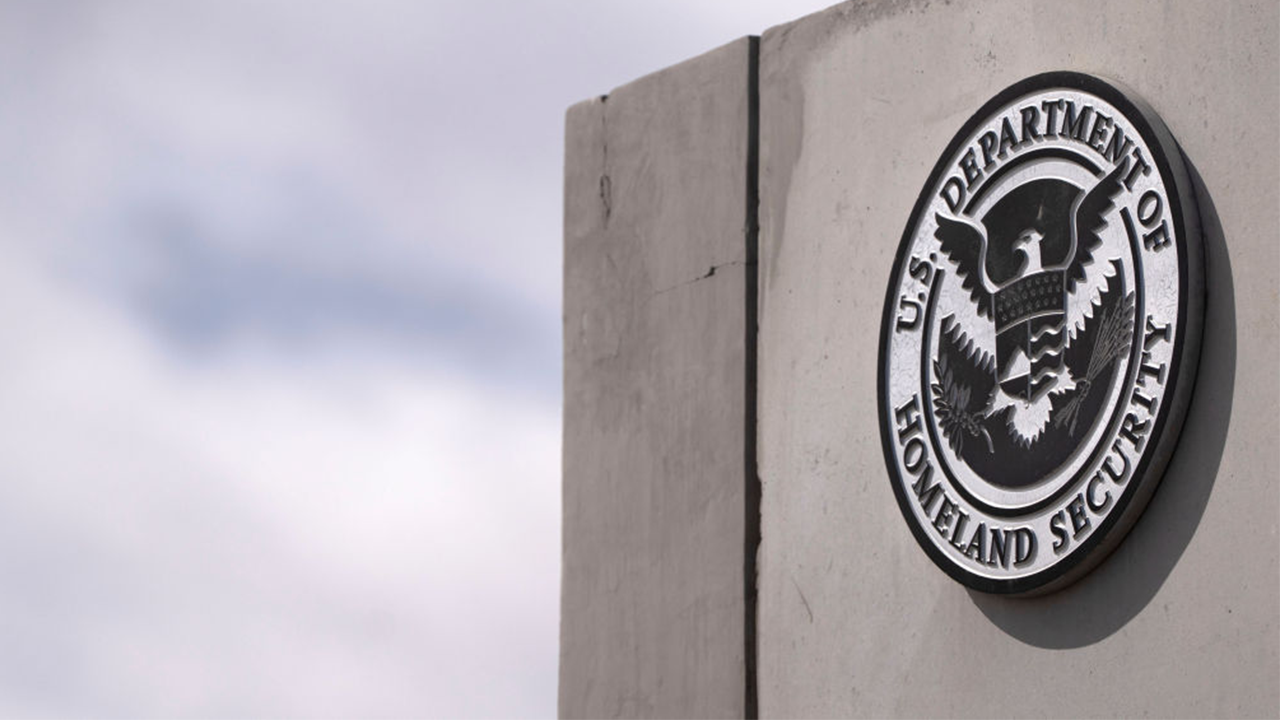US Deports Violent Offenders to Eswatini, Raising Human Rights Concerns
The US has deported five men with violent criminal histories to Eswatini, expanding a controversial deportation program initiated during the Trump administration.
Subscribe to unlock this story
We really don't like cutting you off, but you've reached your monthly limit. At just $5/month, subscriptions are how we keep this project going. Start your free 7-day trial today!
Get StartedHave an account? Sign in
Overview
- The US deported five men to Eswatini, expanding a secretive third-country deportation program from the Trump administration.
- The deportees have extensive criminal histories, including violent offenses such as rape, homicide, and drug-related crimes.
- Details regarding the deportees' arrival in Eswatini remain undisclosed, with local authorities not commenting on the situation.
- Human rights advocates express concerns over the lack of due process and the burden on Eswatini's resources.
- Eswatini, ruled by King Mswati III, faces challenges in accommodating serious criminals and is one of the last absolute monarchies.
Report issue

Read both sides in 5 minutes each day
Analysis
Sources frame the Trump administration's third-country deportation policy by consistently highlighting the severe conditions and human rights concerns in destination nations like Eswatini. They emphasize the "tiny" nation's poverty and the "notorious" nature of other potential recipient countries, juxtaposing these details with the administration's justifications. This collective editorial choice subtly questions the policy's ethics and practicality.
Articles (11)
Center (5)
FAQ
The third-country deportation program is a practice where the U.S. deports migrants with criminal histories to countries other than their home nations, often due to home countries refusing to accept them. This approach aims to speed up mass deportations by finding willing third countries to take these individuals.
The U.S. targeted Eswatini as part of expanding its third-country deportation program, seeking countries willing to accept deportees when their nationals won't take them back. Eswatini, a small African nation and an absolute monarchy, was selected despite concerns about its capacity to handle serious criminals and human rights issues.
Human rights advocates are concerned about the lack of due process for the deportees and the burden on Eswatini's limited resources to accommodate violent offenders. There are also worries about potential exposure of deportees to poor prison conditions and rights abuses in the third country, given Eswatini's political situation under an absolute monarchy.
Local authorities in Eswatini have not commented on the arrival of the deportees, and details about their reception or current status in the country remain undisclosed.
The program has drawn scrutiny from immigration lawyers and advocates warning about potential dangers, including sending deportees to countries with known human rights violations. A recent Supreme Court case cleared the way for similar deportations to countries like South Sudan, amidst concerns about prolonged detention and lack of transparency about deportees' whereabouts.
History
- 4M

 3 articles
3 articles
- 4M

 4 articles
4 articles









